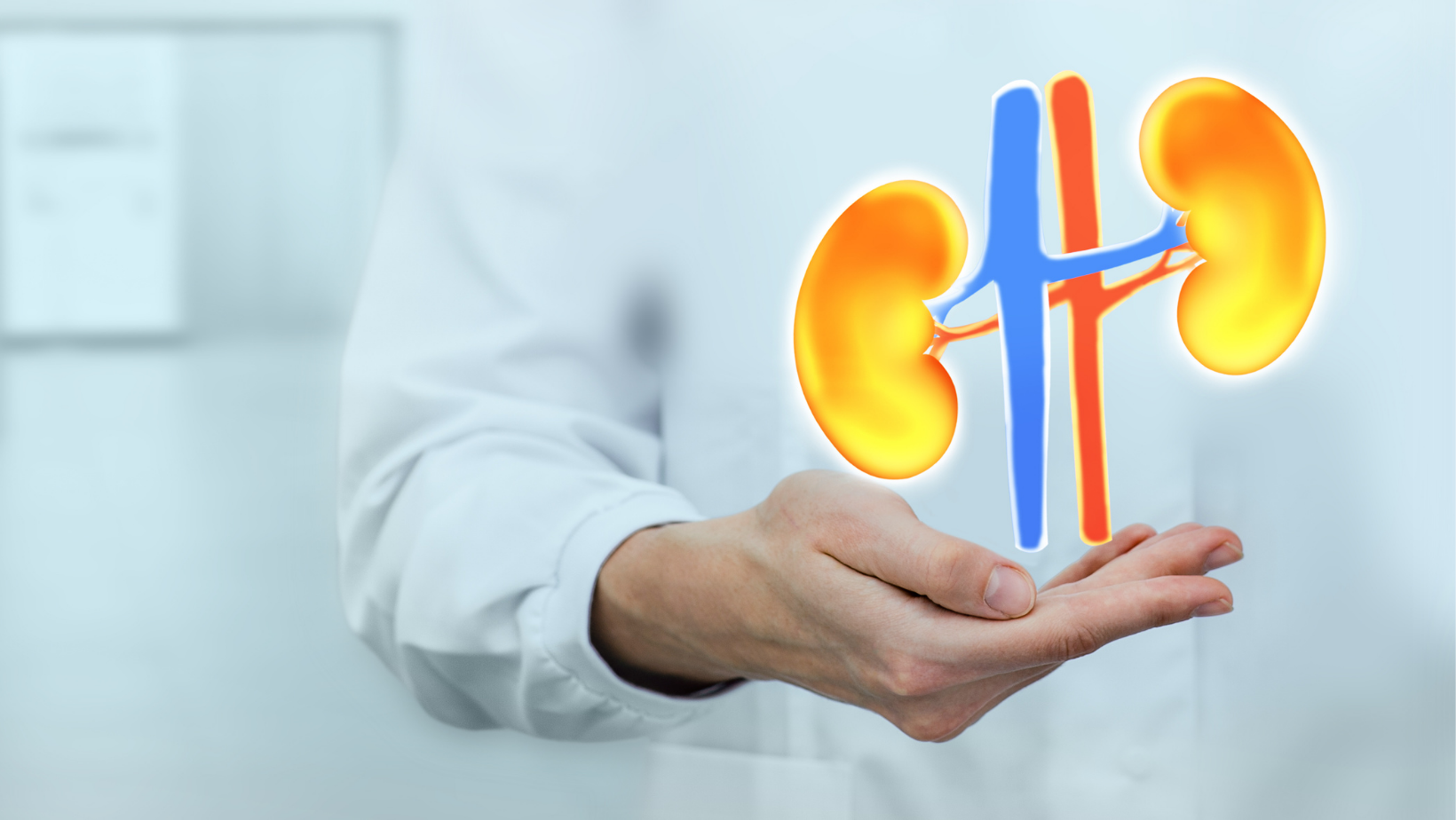
WMMC Primary Services
Family Practice Clinics
Internal Medicine Clinics
Pediatrics

By Emily Johnston, RN, MSN, FNP-C
You may be surprised to learn that our kidneys perform seven extremely important functions. Not only do they maintain water balance, but they also clean our blood of toxins, control blood pressure, produce a hormone needed to create red blood cells, control acid-base balance, activate Vitamin D, and maintain electrolyte balance.
Each kidney contains over one million nephrons or filters. As we age, these filters naturally decrease in number and do not regenerate. As a result, a decline in kidney function is expected to some degree and is just one of the many joys of growing older! Thankfully, aging alone is not responsible for severe kidney disease. In the US, the most common causes of chronic kidney disease and ultimate kidney failure are diabetes and hypertension. These diseases cause damage to all vessels, including those in our kidneys. Other, less common, causes of kidney disease include congenital kidney disorders, autoimmune processes, infections, and some cancers.
Stages of Chronic Kidney Disease, categorized according to eGFR, or estimated glomerular filtration rate:
Ideally, an individual is referred to a nephrologist (kidney doctor) with eGFR < 60 ml/min. Unfortunately, no medication or action can be taken to regain lost kidney function. The goal of kidney disease management is to delay the progression of kidney decline and ensure associated functions are medically managed.
How to Slow the Progression of Kidney Disease:
Surprising Facts about our Kidneys:
Do not despair if you are one of the millions of people in the US with chronic kidney disease. Routine monitoring and management of kidney disease is a critical step to slow the progression of kidney decline. If you follow up regularly with a nephrologist, “urine” good hands.